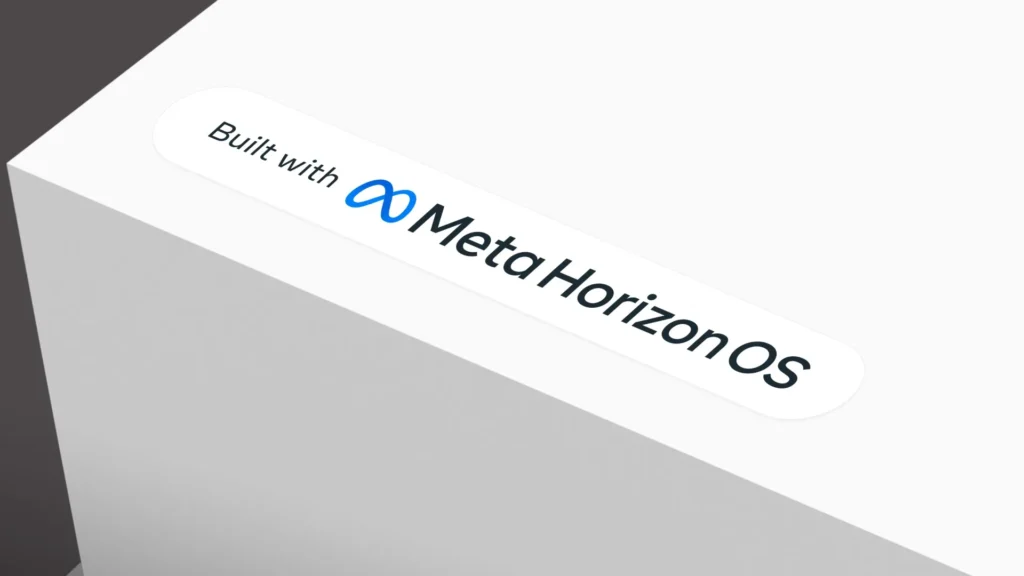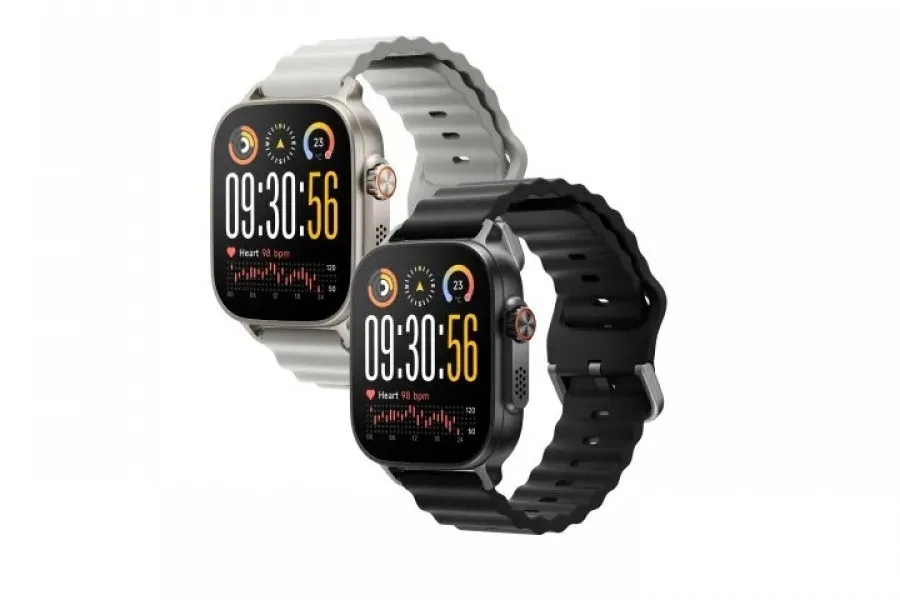Horizon OS becomes independent to challenge Google’s Android XR
In the fast-paced race for virtual and augmented reality, Meta is reshaping its strategy. According to an exclusive report by Android Central, the American tech giant has undergone a significant internal restructuring: its Horizon OS is now an independent division within Reality Labs, the unit focused on mixed reality and immersive hardware.
This strategic move — which separates Horizon OS from the broader “Metaverse” group — indicates a clear shift towards direct competition with Google’s Android XR platform, touted as the future standard for immersive operating systems.
An Autonomous Horizon OS to Accelerate Innovation
By isolating Horizon OS, Meta aims to replicate the winning formula of Android: promoting agility, open collaboration, and adoption by third-party partners. This model could enable manufacturers such as Asus, Lenovo, or even LG to adopt Horizon OS for their own XR headsets, similar to how numerous companies have built smartphones on Android.
In April 2024, Meta had already announced the opening of its system to external partners. This new structure formalizes that choice, positioning Horizon OS as a fully-fledged strategic product.
The goal: to make Horizon OS the Android of virtual reality, creating an open, modular, and performance-focused ecosystem.
The Meta vs. Google XR War Intensifies
Recently, Google unveiled Android XR, a derivative of its mobile OS designed for mixed reality. Boasting software expertise, its Gemini AI, and a robust application ecosystem, Google now poses the most formidable challenge to Meta in the XR space.
On the other hand, Meta benefits from a decade of technological lead, thanks to its investments in Quest headsets, VR research, and Horizon Worlds infrastructure.
The recent deployment of Horizon OS v81 enhances graphics performance, introduces new 3D environments, and adds native integration with Windows 11, transforming the system into both a productivity and entertainment tool. Deeper AI capabilities and an improved multiplayer mode are also on the agenda.
According to Android Central, Meta is “mobilizing its top-level firepower” to turn Horizon OS into a credible alternative to Android XR, following years of struggling to attract the mass market to its metaverse.
Challenges and Opportunities
Despite this momentum, Meta faces several hurdles:
- The perception of the “Metaverse,” still associated with commercial failure and declining user interest.
- The colossal financial losses of Reality Labs, estimated to be in the billions in 2024.
- The need to convince developers to invest in an OS still in development.
However, this independence could also restore credibility to Meta’s XR vision. By detaching Horizon OS from the often-criticized “Metaverse” brand, Meta seeks to separate technology from concept.
The rivalry between Meta and Google promises to open the XR market to greater diversity:
- Samsung is already preparing a Galaxy XR under Android XR, while Meta could offer more affordable alternatives via Horizon OS.
- A price war and accelerated innovations could democratize access to mixed reality.
- Professional applications (virtual meetings, 3D modeling, immersive remote work) represent another key area for Meta, which sees Horizon OS as both an immersive productivity platform and a gaming OS.
A Risky But Crucial Bet
This restructuring is not merely an organizational shift: it signals a strategic refocusing. Meta aims to make Horizon OS the core of its technological future, distancing itself from the ambiguous metaverse dream to build a strong, open, and commercially viable platform.
“Horizon OS is becoming for Meta what Android was for Google: a foundation to conquer an entirely new ecosystem,” summarizes an analyst from Android Central. If Meta succeeds in rallying developers and hardware partners, the battle between Horizon OS and Android XR could define the future of the XR market — a future where headsets evolve from mere accessories into true immersive computers.
With the rise of Horizon OS, Meta is gambling its XR future on a high-stakes bet. Either this move enables it to compete with Android XR, or it confirms that Google already holds the keys to the future of mixed reality.
One thing is clear: 2026 is set to be the year when the battle for the operating system of the “virtual world” truly begins.




